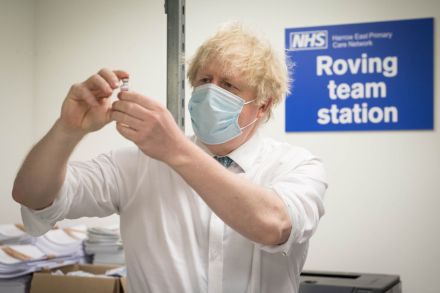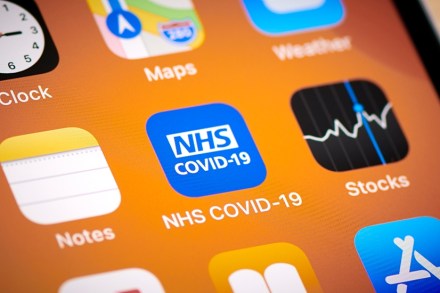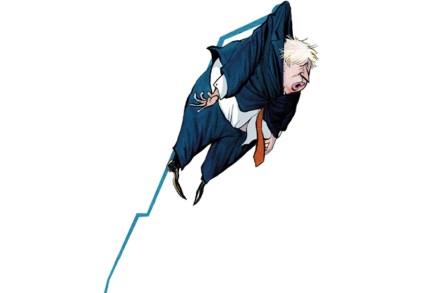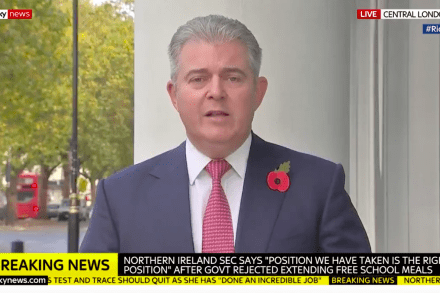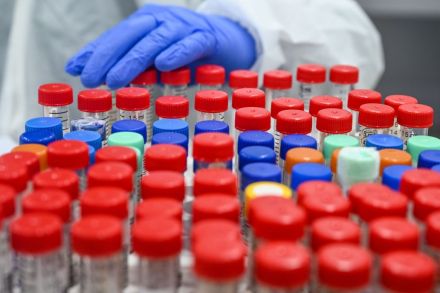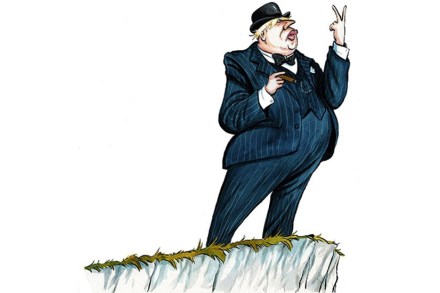Boris could easily curb the ‘pingdemic’, so why won’t he act?
Was there ever a national crisis which was so easy to solve? There are reports of supermarket shelves emptying, petrol stations running out of fuel and panic-buying. This in not unprecedented. Yet on this occasion the government doesn’t have to deal with a bolshie trade union, enter difficult negotiations with an EU which is determined to punish us for Brexit or even handle the early, unknown stages of a pandemic. All the Prime Minister has to do is to announce that the changes to the Test and Trace system already earmarked for 16 August – when fully-vaccinated people will no longer be forced to self-isolate for ten days but could be
